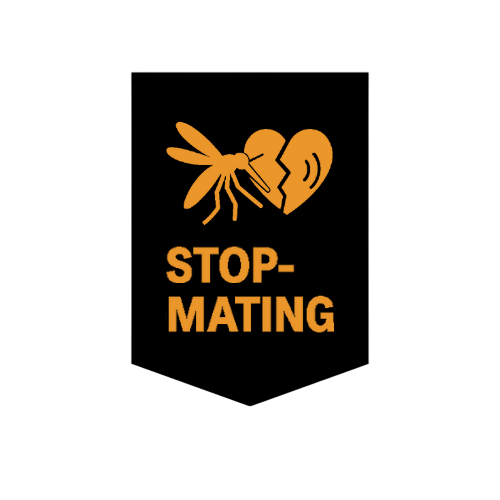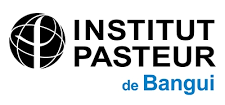


Since its establishment in 1961, the Institut Pasteur de Bangui (IPB) has been a non-profit foundation integral to the Central African Republic’s health sector. It primarily focuses on providing services to the population, including medical biology and vaccination, alongside research, public health initiatives, and educational training. IPB addresses key public health challenges such as emerging diseases, including rabies, polio, measles, tuberculosis, malaria, HIV, hepatitis, COVID-19, Zika virus, Dengue, Mpox, and Cervical cancer.
IPB works in the Central African Republic to combat diseases like malaria, transmitted by mosquitoes. Its mission is to combine scientific research with concrete on-the-ground actions to protect local populations. In the framework of the “STOP-MATING” project, IPB specializes in field ecology and will focus on:
- Studying swarming sites, locations where mosquitoes gather to mate, both in urban and rural areas.
- Analyzing insecticide resistance to understand why some mosquitoes survive chemical treatments designed to eliminate them
- Observing how urban noise or pollution disrupts mosquito reproduction.
The institute will collaborate with Spain to study mosquito hearing mechanisms and with the United Kingdom to apply genetic technologies like CRISPR. It will also partner with the Pasteur Institute of Madagascar to compare behaviors across different mosquito species.

Sequentia Biotech, an innovative bioinformatics firm, has been at the forefront of genomics since its establishment in 2013. Renowned for its cutting-edge solutions, Sequentia excels in providing comprehensive bioinformatics and software solutions across a spectrum of fields, including diagnostics, drug discovery, medical and academic research, plant biology, and food technologies. By leveraging the potential of omics sciences, Sequentia aims to make meaningful contributions to society.
With a remarkable 15 years of experience in bioinformatics and significant investments in Research and Development (R&D), Sequentia has successfully completed over 700 bioinformatics projects. Serving clients in 63 countries, the company has contributed to over 70 publications in esteemed journals, showcasing an impressive H-index of 130. This outstanding track record underscores Sequentia’s commitment to excellence.
In the Stop Mating project, Sequentia plays a critical role by contributing its expertise in bioinformatics pipeline design and RNA-Seq data analysis and interpretation. The company also leads training efforts by delivering a comprehensive course on RNA-Seq data processing and analysis. Additionally, Sequentia supports knowledge exchange and collaboration by hosting secondments, reinforcing its mission to foster innovation and introduce disruptive technologies in the biotechnology landscape.

Key Contributions to the Project
Identifies and maps urban/rural Anopheles gambiae swarming sites in Bangui, providing critical data on mating hotspots.
- Links genetic resistance markers to impaired auditory function and mating success, informing resistance management strategies.
- Investigates how urban noise pollution disrupts mosquito mating, guiding eco-friendly intervention strategies.
- Deploys 3D cameras and acoustic sensors to analyze swarm dynamics and mating behaviors in natural settings.
- Uses molecular tools to correlate resistance genotypes with mating phenotypes
- Trains Central African researchers in CRISPR, bioinformatics, and field entomology, fostering local scientific leadership.
- Tests lab-developed acoustic traps in real-world African environments, optimizing designs for local vector control programs.
